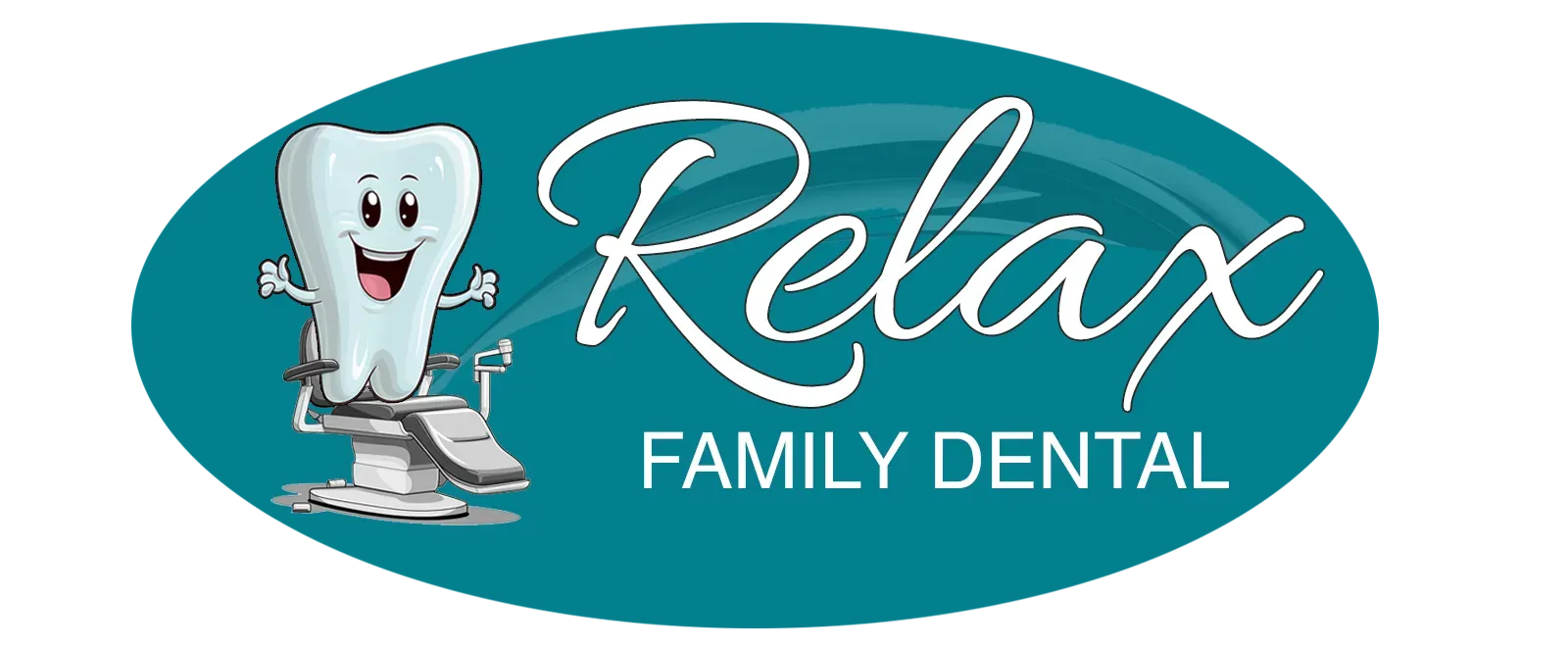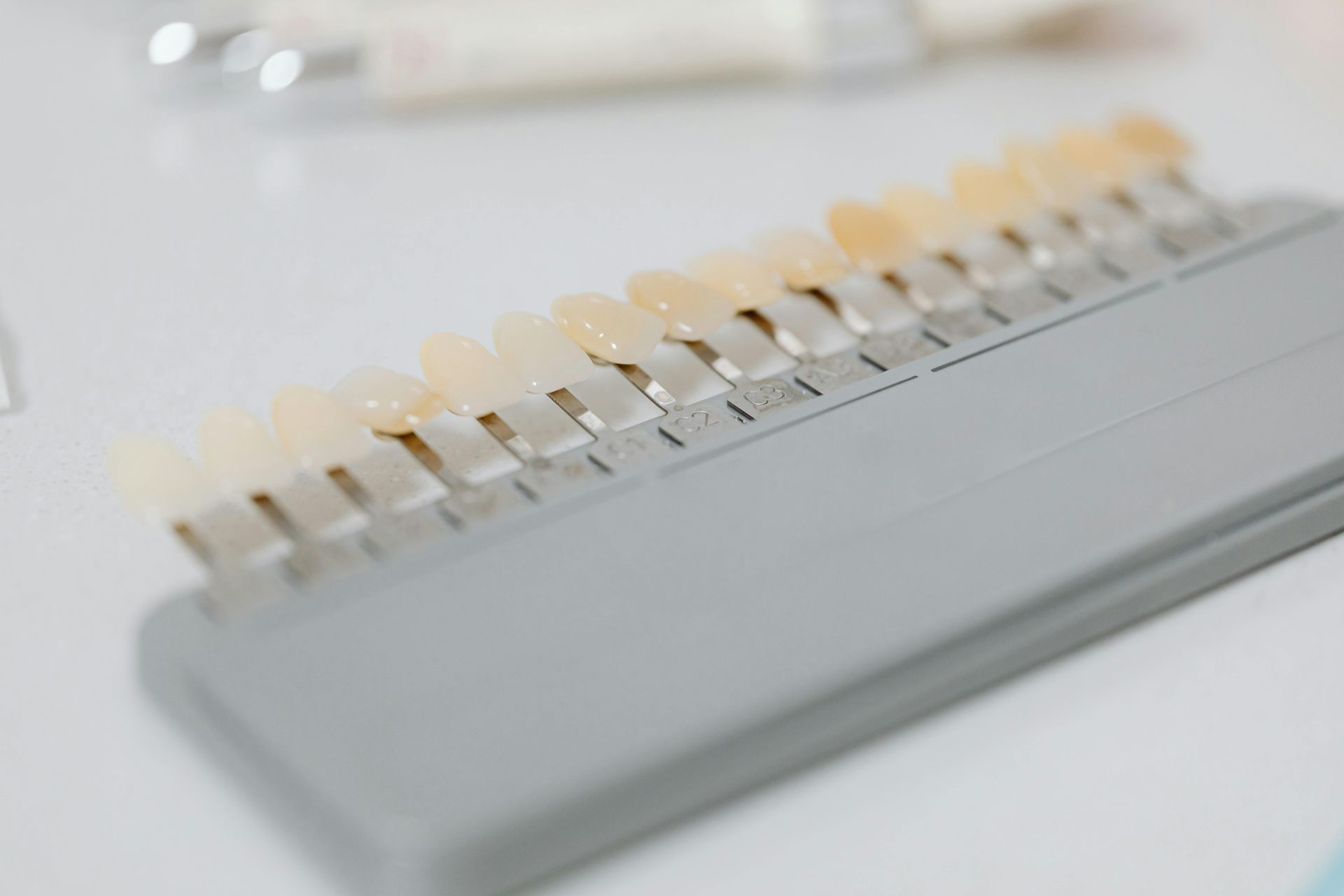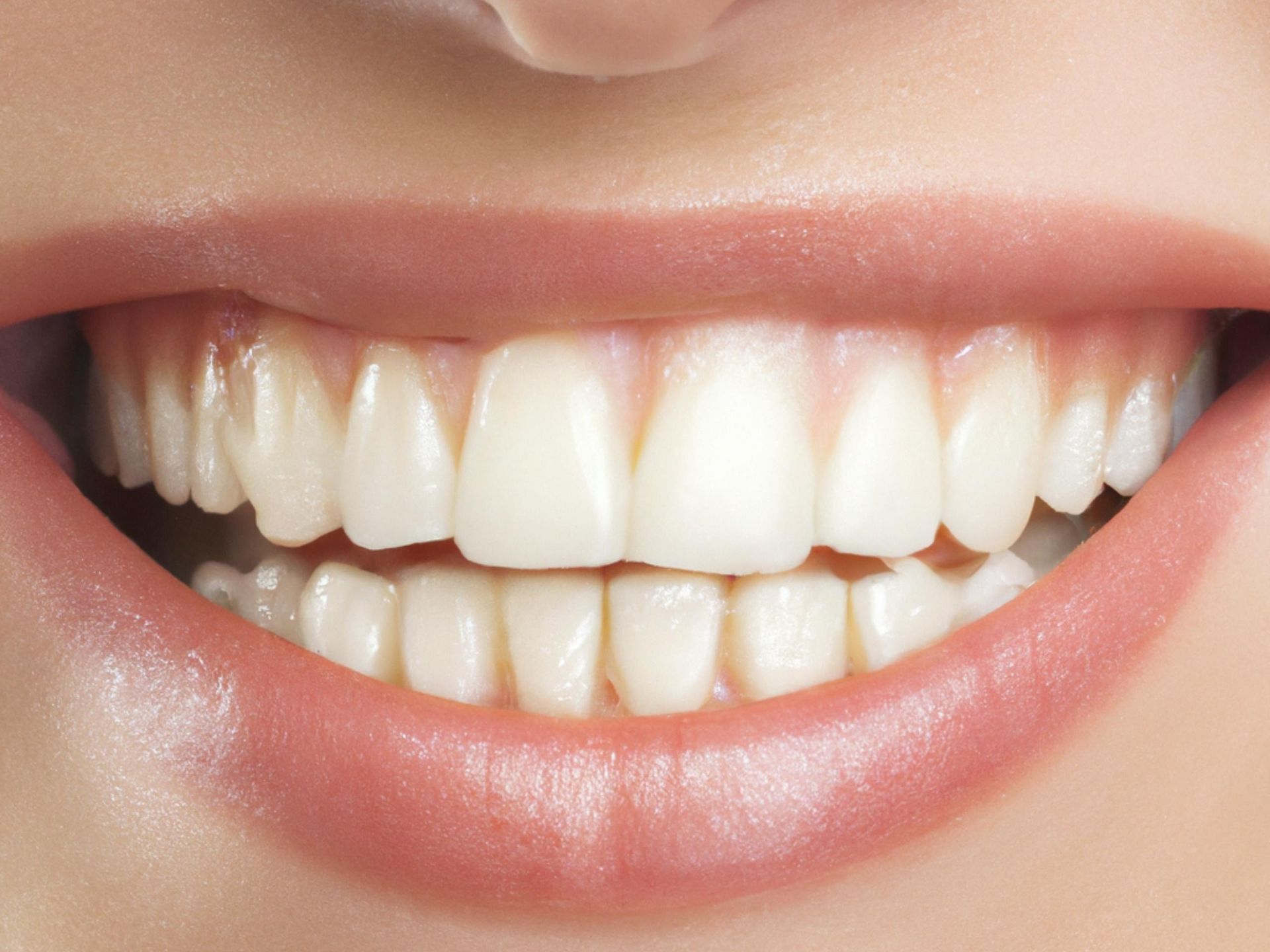The Shocking Impact of Your Diet on Dental Health
- A nutrient-rich diet plays a vital role in supporting strong teeth and healthy gums, helping to prevent tooth decay and gum disease.
- A recent review shows that vitamin D supplements, along with other nutrients, significantly improve oral health, particularly periodontal health.
When we think of maintaining good oral health, brushing and flossing are usually at the top of the list. But did you know that what you eat can be just as important for keeping your teeth and gums in tip-top shape? Yes, your diet plays a bigger role in your oral health than you might think.
Just like how your body needs fuel to stay strong, your teeth and gums need the right nutrients to stay healthy. Eating a variety of nutrient-packed foods is crucial for preventing tooth decay and gum disease. It's like giving your mouth the best tools to keep it working at its best!
Essential Nutrients for Healthy Teeth
Certain foods are superheroes for your dental health, helping to keep your teeth strong, your gums healthy, and your smile bright. Here's what you should be eating:
- Calcium: Think of calcium as the construction worker for your teeth and bones. It strengthens enamel and helps prevent cavities, making your teeth sturdy and resistant to damage. To boost your calcium intake, enjoy dairy products, leafy greens, and fortified cereals.
- Vitamin D: Vitamin D is the perfect sidekick to calcium, helping your body absorb it more effectively. Without enough vitamin D, calcium can’t do its job properly. To get your dose, look for foods like fatty fish, eggs, and fortified milk.
- Vitamin C: Vitamin C is like a shield for your gums, keeping them healthy and protecting against gum disease. It also promotes collagen production, which helps your gums stay strong. Citrus fruits, bell peppers, and broccoli are all excellent sources of vitamin C.
- Phosphorus:
Phosphorus works hand-in-hand with calcium to build strong teeth and bones. It helps mineralize your teeth, making them more durable and resistant to damage. Eggs, fish, nuts, and seeds are rich in this essential nutrient.
- Vitamin A: Vitamin A is like a bodyguard for your mouth, as it helps produce saliva to wash away food particles and bacteria. This keeps your mouth clean and healthy. You can find vitamin A in foods like sweet potatoes, carrots, and spinach.
- Vitamin K: When it comes to healing, vitamin K is key. It helps your gums and bones recover by promoting blood clotting and tissue repair. Leafy greens like kale and spinach are packed with this vital nutrient.
- Vitamin E: Vitamin E steps in as a handyman for your gums, helping repair tissue and reduce inflammation. It’s especially important for maintaining gum health. You’ll find vitamin E in almonds, sunflower seeds, and spinach.
- B-Vitamins: B-vitamins are like a well-coordinated team working to keep your mouth healthy. They help with cell growth and repair, and prevent mouth sores and cracks. Incorporate whole grains, meat, eggs, and leafy greens into your diet to get these essential vitamins.
- Iron: Iron is like fuel for your gums, ensuring they stay strong by delivering oxygen to the tissue. Without enough iron, gums can become weak and prone to infection. Red meat, beans, and spinach are great sources of iron to boost your gum health.
- Zinc: Zinc plays a crucial role in healing and supporting your immune system. It helps reduce gum inflammation and fights infections. To get more zinc, eat foods like meat, shellfish, beans, and nuts.
The Role of Water in Oral Health
Water is one of the simplest yet most effective tools for supporting your oral health. Staying hydrated helps rinse away food particles, neutralize acids, and keep your mouth moist, preventing dry mouth that can lead to tooth decay. It also helps wash away stains from food and drinks, so your teeth stay looking fresh. Think of water as your mouth’s natural cleanser, helping to keep everything running smoothly.
Foods and Drinks That Can Harm Your Teeth
Now that we know what foods help, let’s talk about the ones that can do some damage. Just like how certain foods fuel your body in the right way, others can have the opposite effect on your teeth. Here are some foods to keep in mind:
- Sugary Foods and Drinks: Sugar is like fuel for the bacteria in your mouth. These bacteria produce acid, which can wear down your tooth enamel and lead to cavities. Soda, candy, baked goods, and sugary cereals are common offenders.
- Acidic Foods and Drinks: Acidic foods, like citrus fruits and fruit juices, can erode tooth enamel over time. While they’re healthy in many ways, try to balance them with other foods and rinse your mouth afterward.
- Starchy Foods: Foods like chips, bread, and pasta can get stuck in your teeth, giving bacteria something to feast on. They can contribute to plaque buildup, which can lead to gum disease and cavities.
- Alcohol: While it’s okay to enjoy a drink now and then, too much alcohol can lead to dry mouth. When your mouth is dry, it doesn’t produce enough saliva to wash away food particles and bacteria, which can lead to tooth decay.
- Carbonated Beverages: Carbonated drinks like soda and energy drinks are double trouble for your teeth. Not only do they contain sugar, but they also have acids that can wear down your tooth enamel.
Practical Tips for Supporting Oral Health Through Diet
Now that you know which foods to focus on and which to limit, here are some easy tips to help you improve your diet for better oral health:
- Drink Plenty of Water: Water is one of the best things you can do for your teeth. It helps rinse away food particles and bacteria, plus it keeps your mouth hydrated.
- Limit Sugary Snacks and Drinks: Try to cut back on sugary treats and sodas. When you do indulge, remember to brush your teeth afterward.
- Go for Dairy: Foods like cheese and yogurt are packed with calcium and help balance the acids in your mouth. They’re a great snack for your teeth!
- Add More Fruits and Veggies: Crunchy vegetables like carrots, celery, and apples can help clean your teeth naturally while also providing vitamins and minerals that support oral health.
- Chew Sugar-Free Gum: Chewing gum after meals can help stimulate saliva production, which rinses away food particles and helps neutralize acids in your mouth.
New Paragraph











